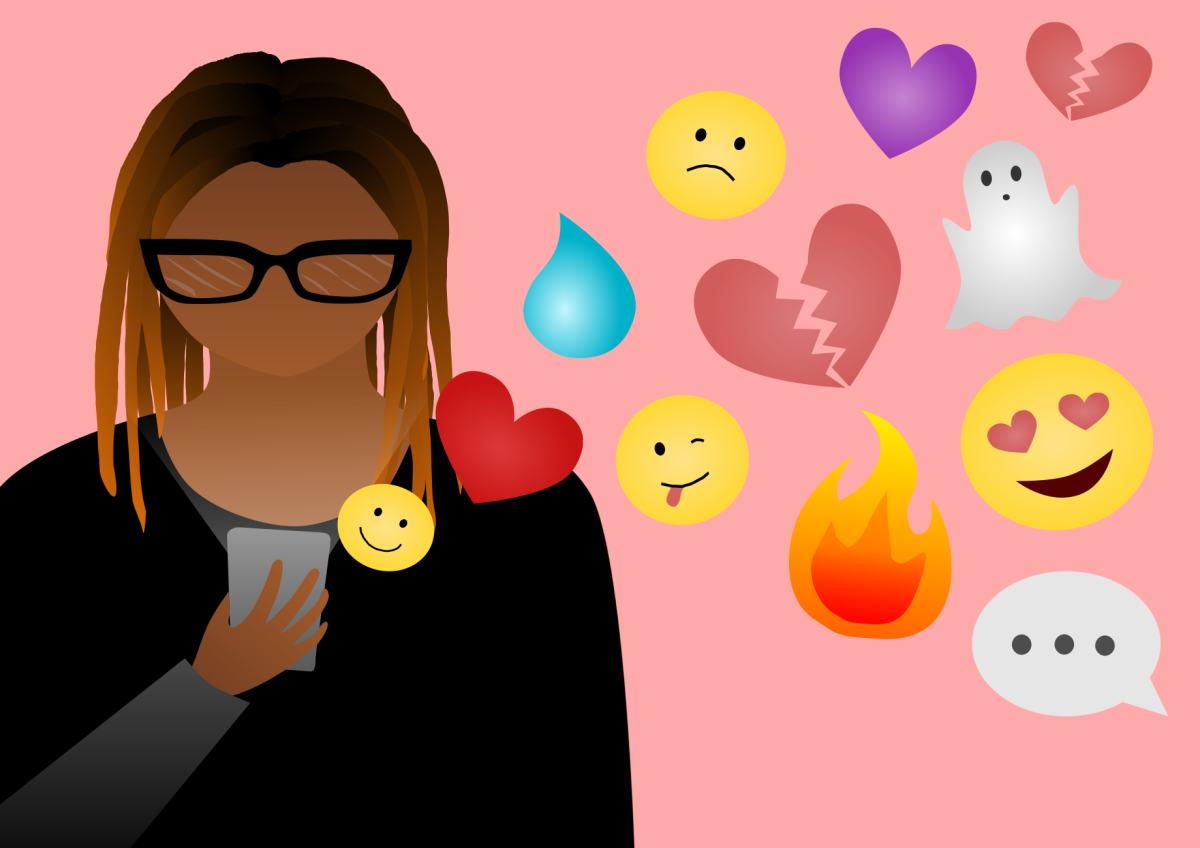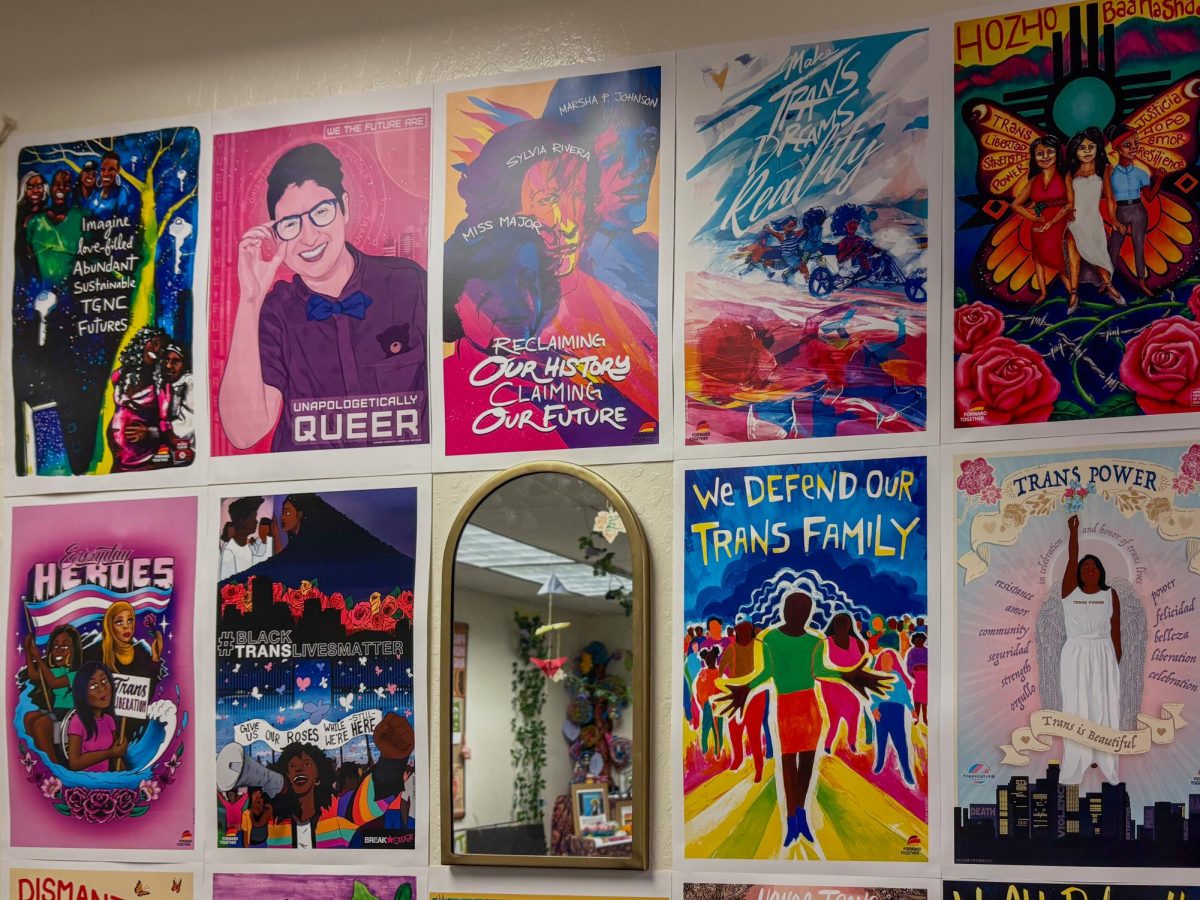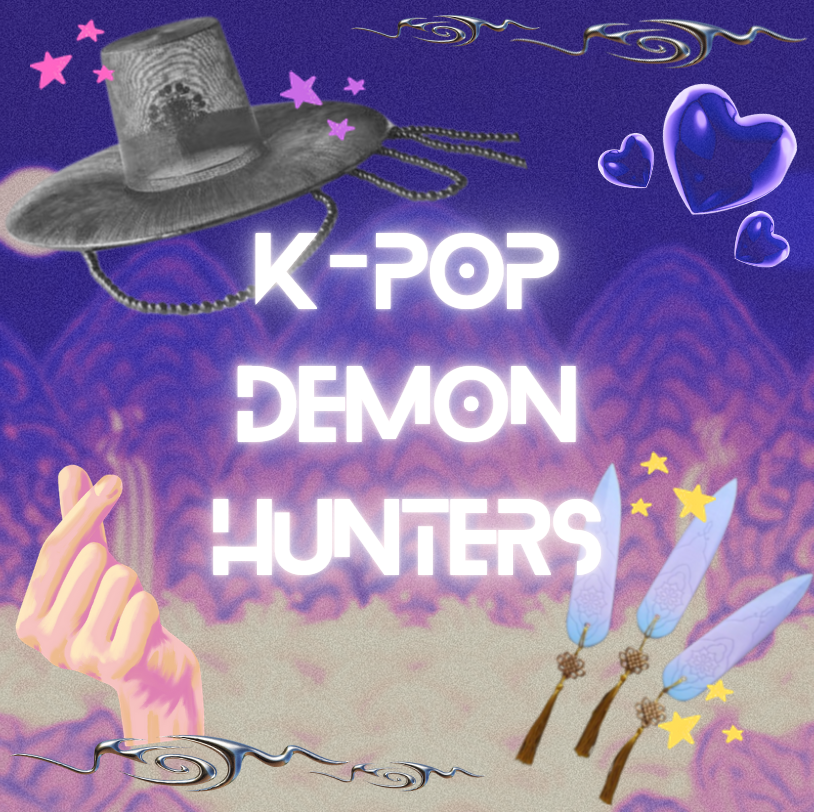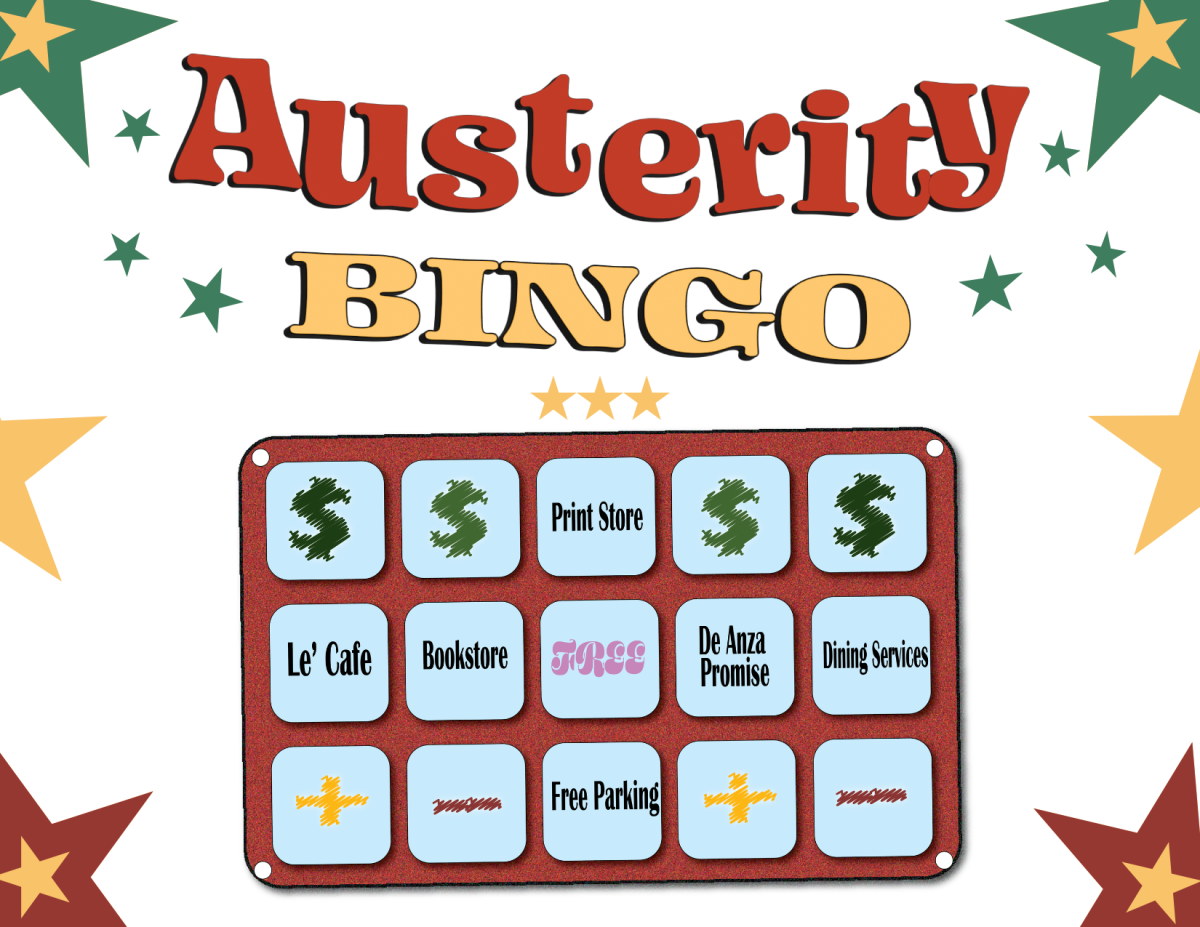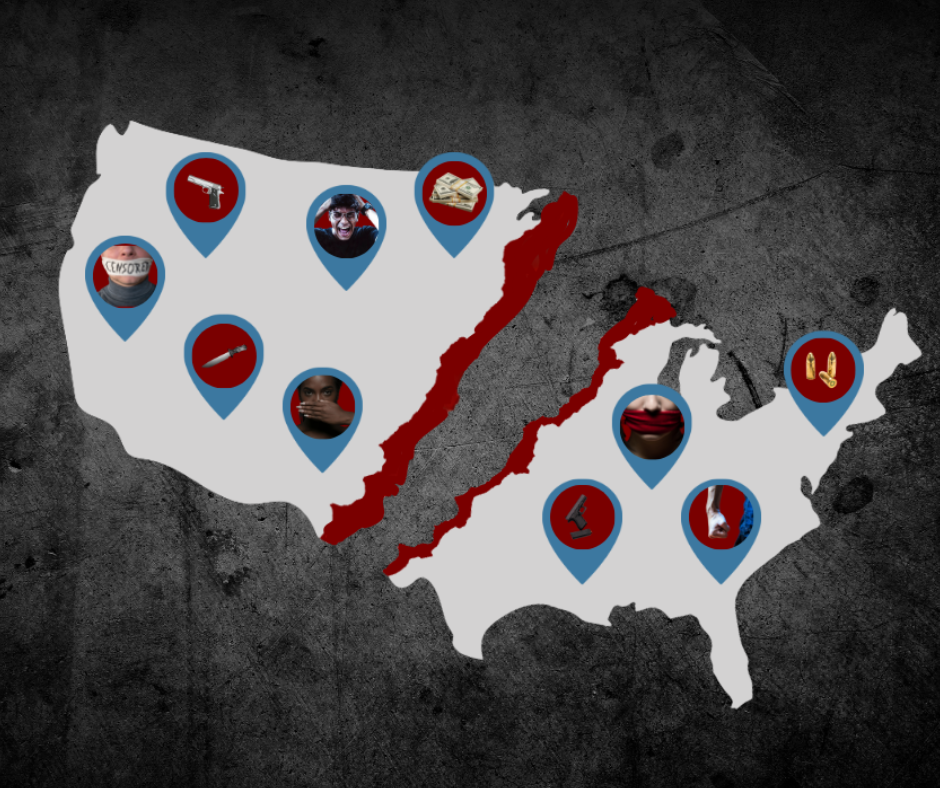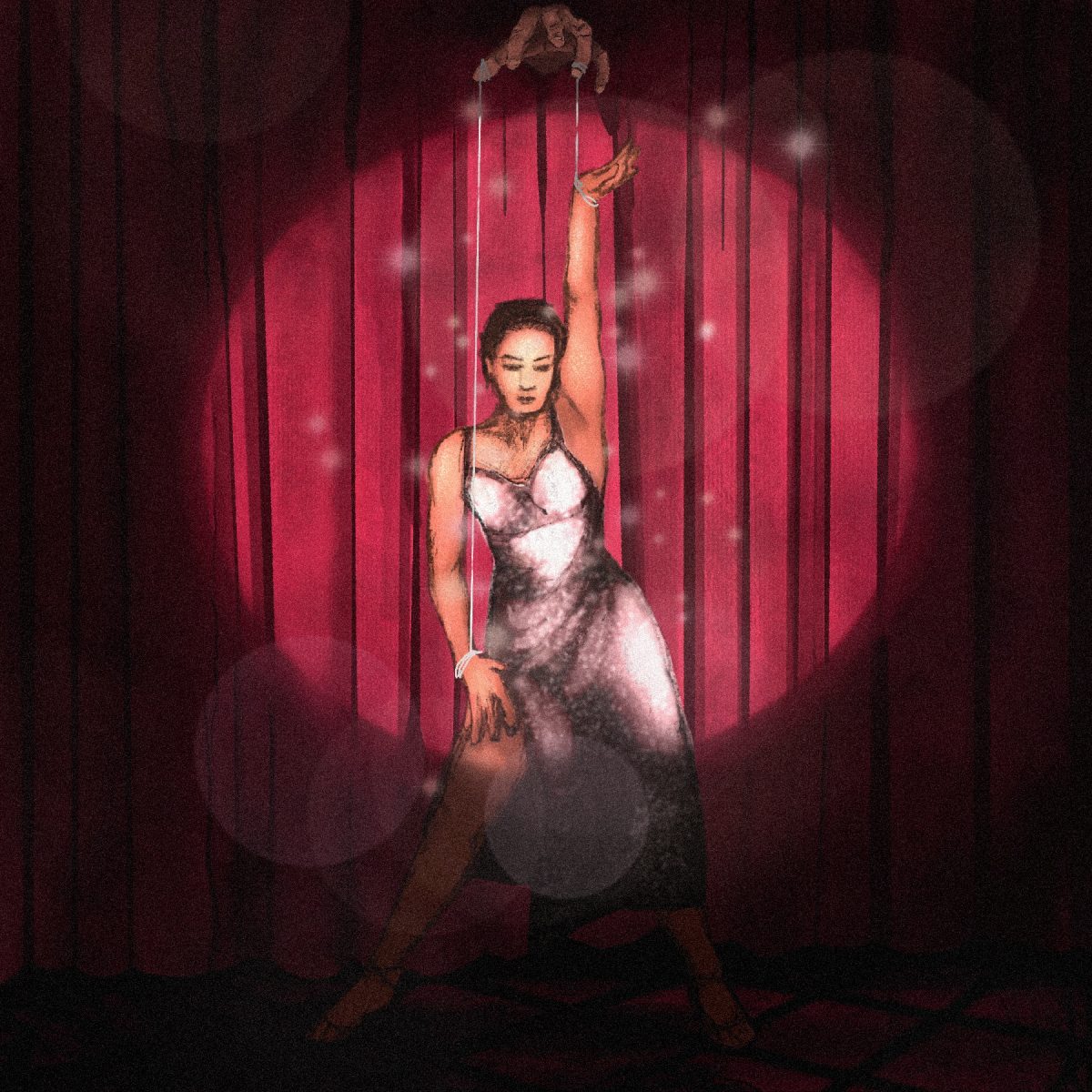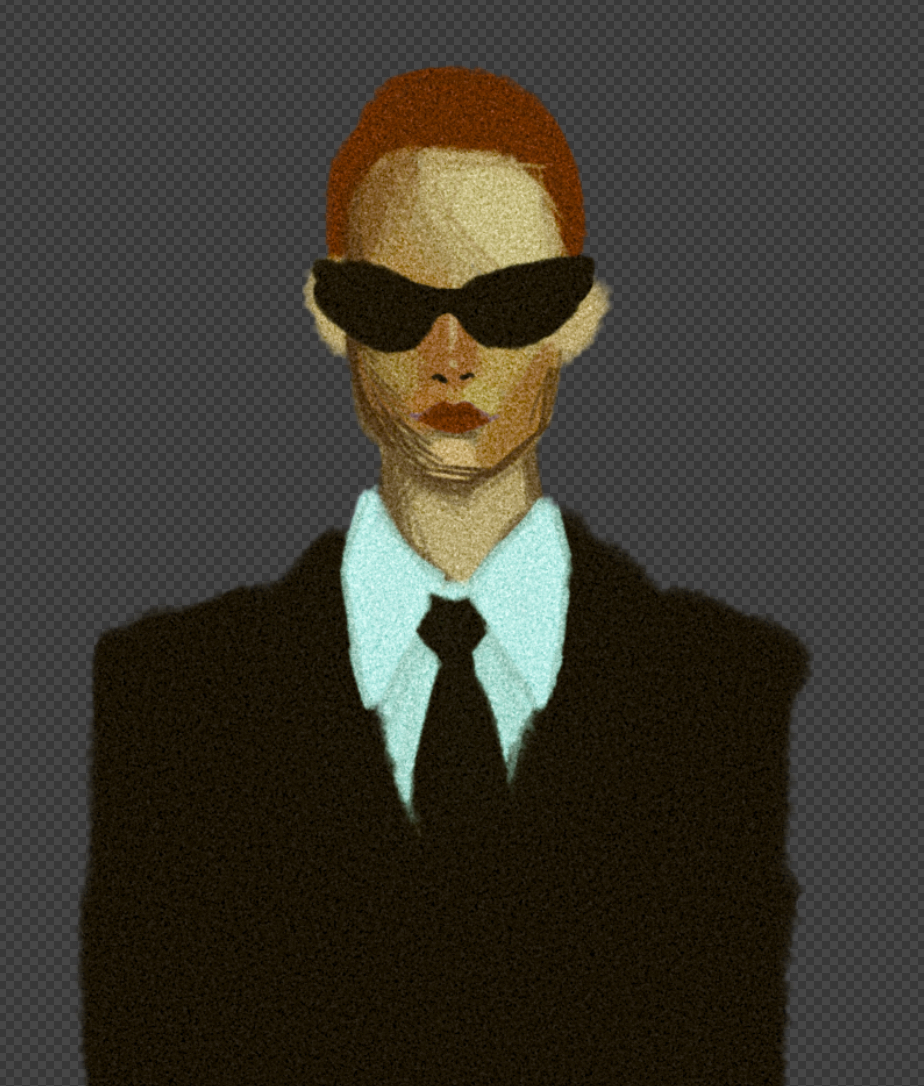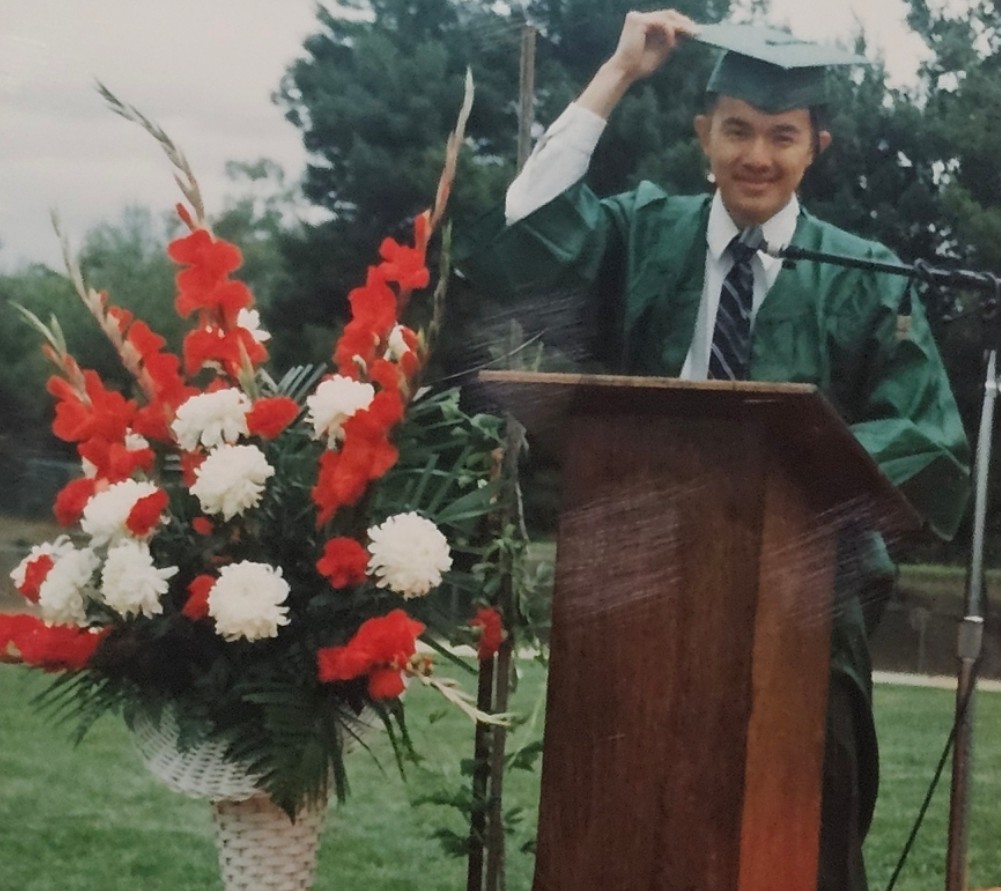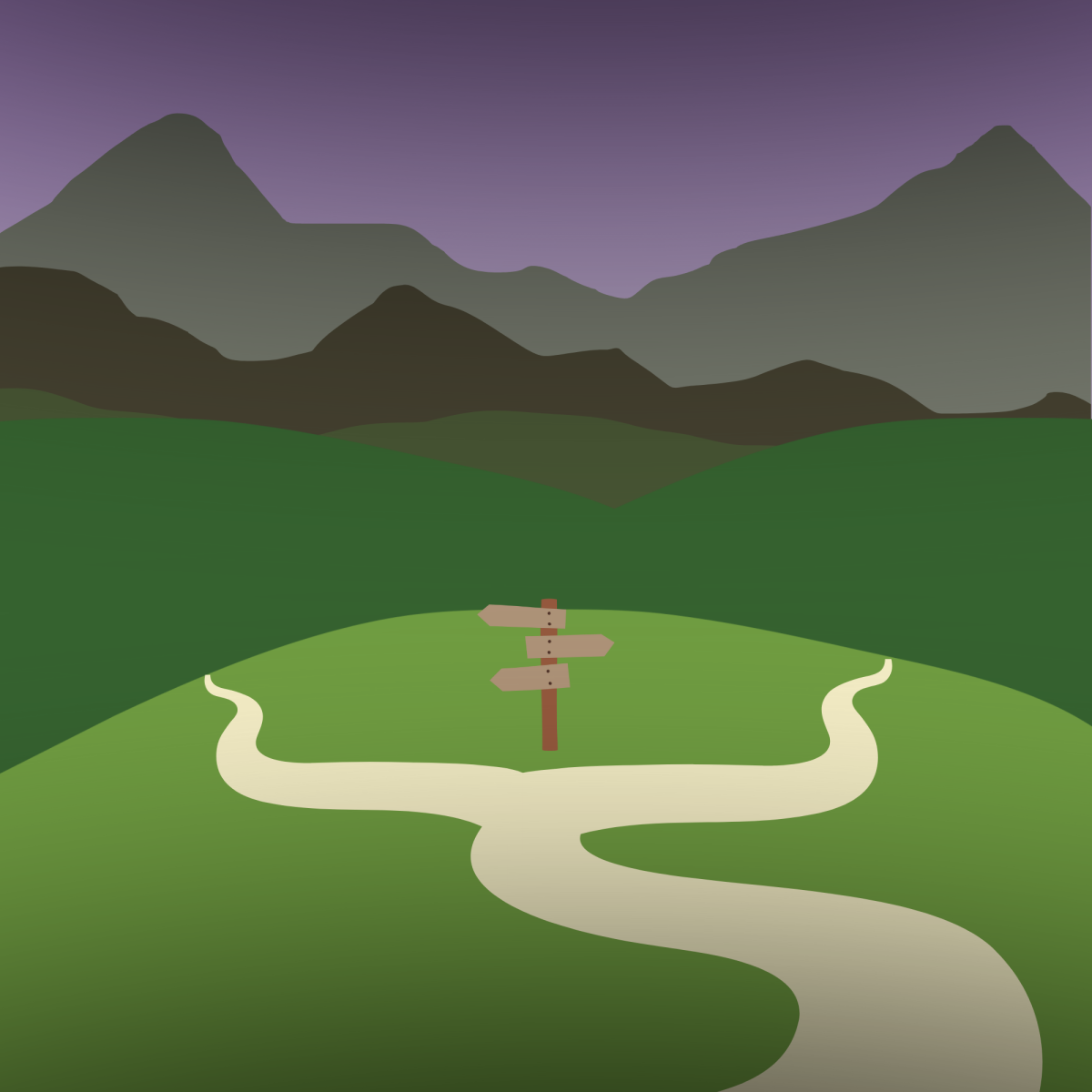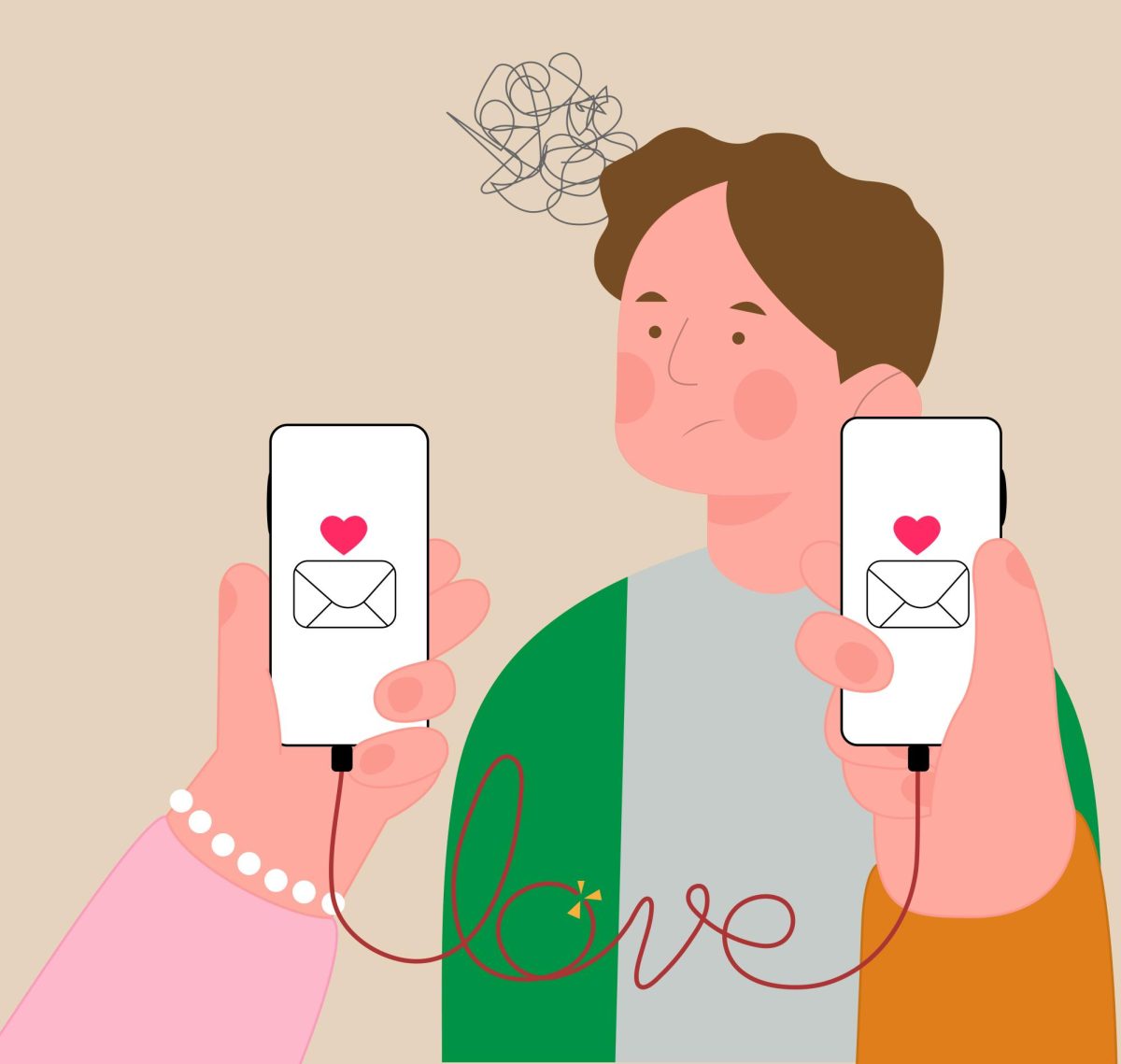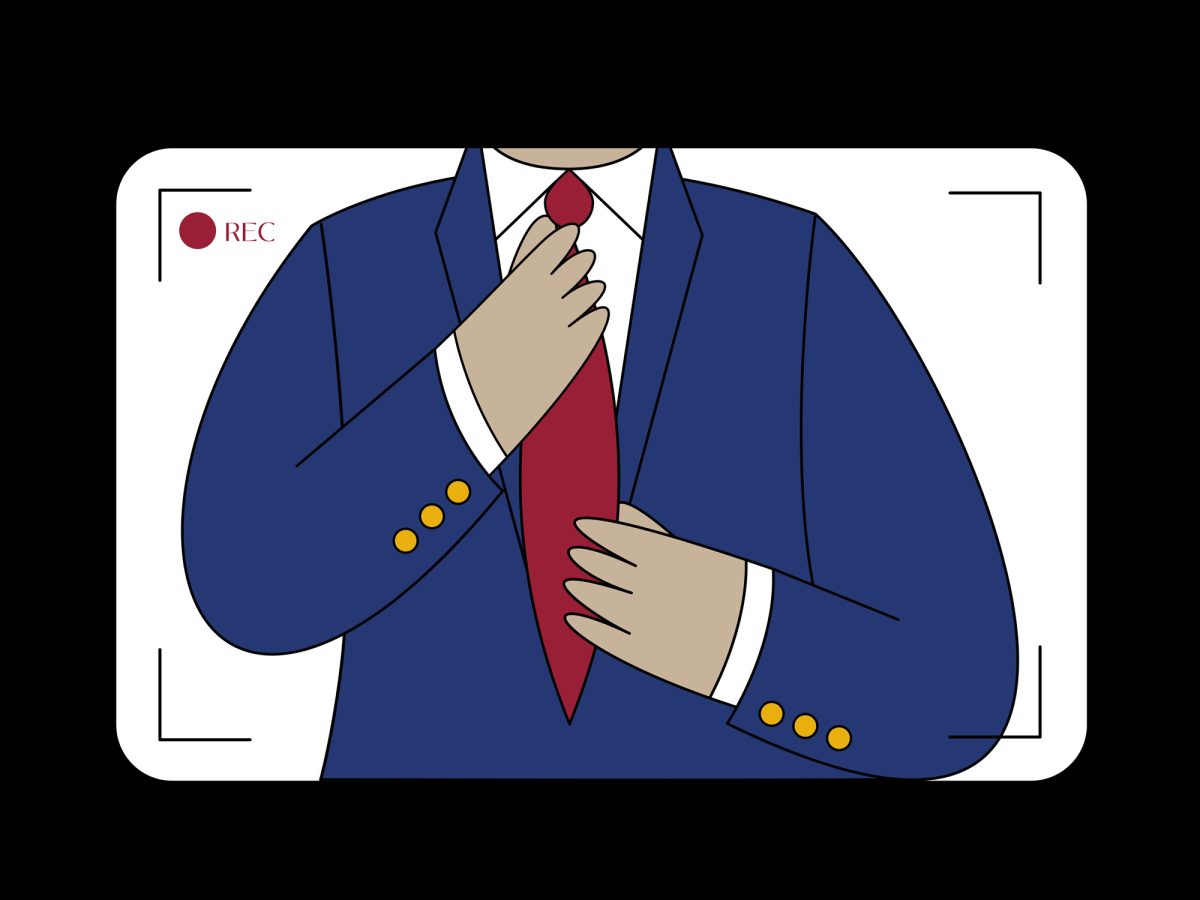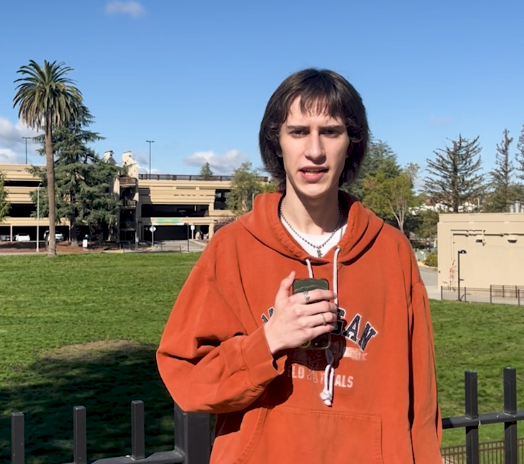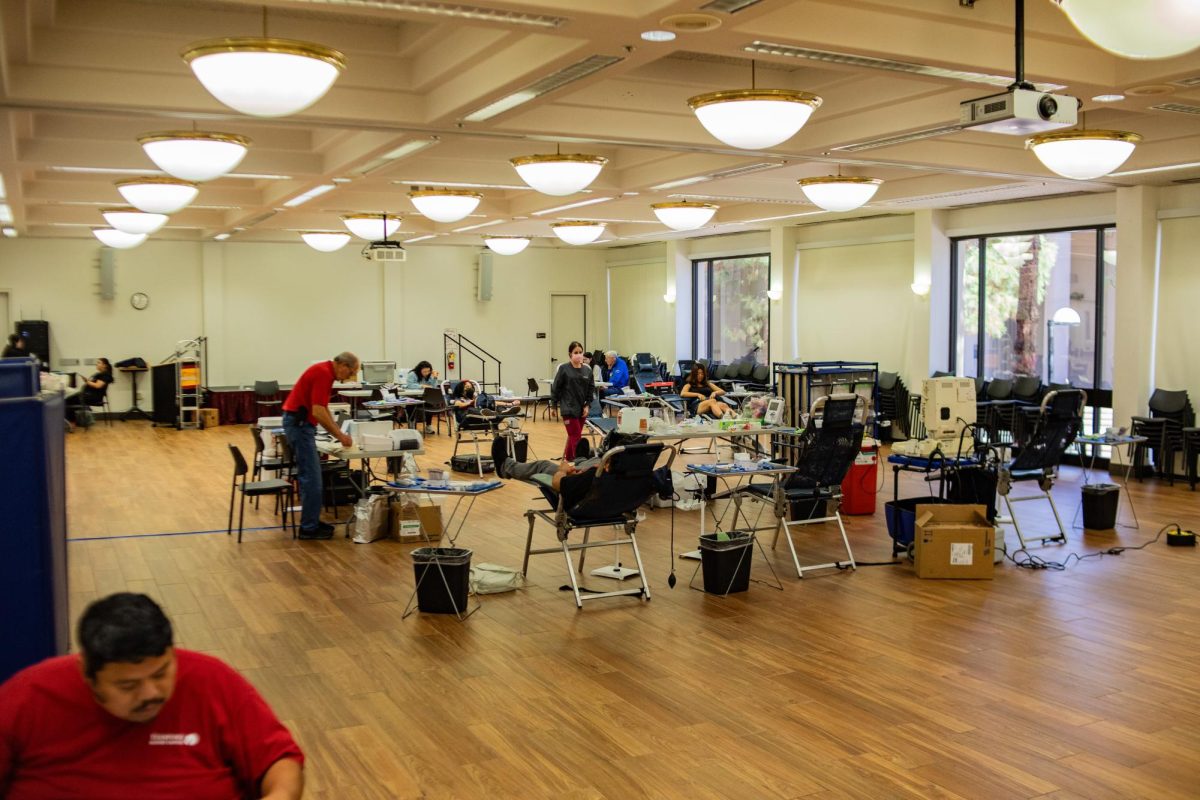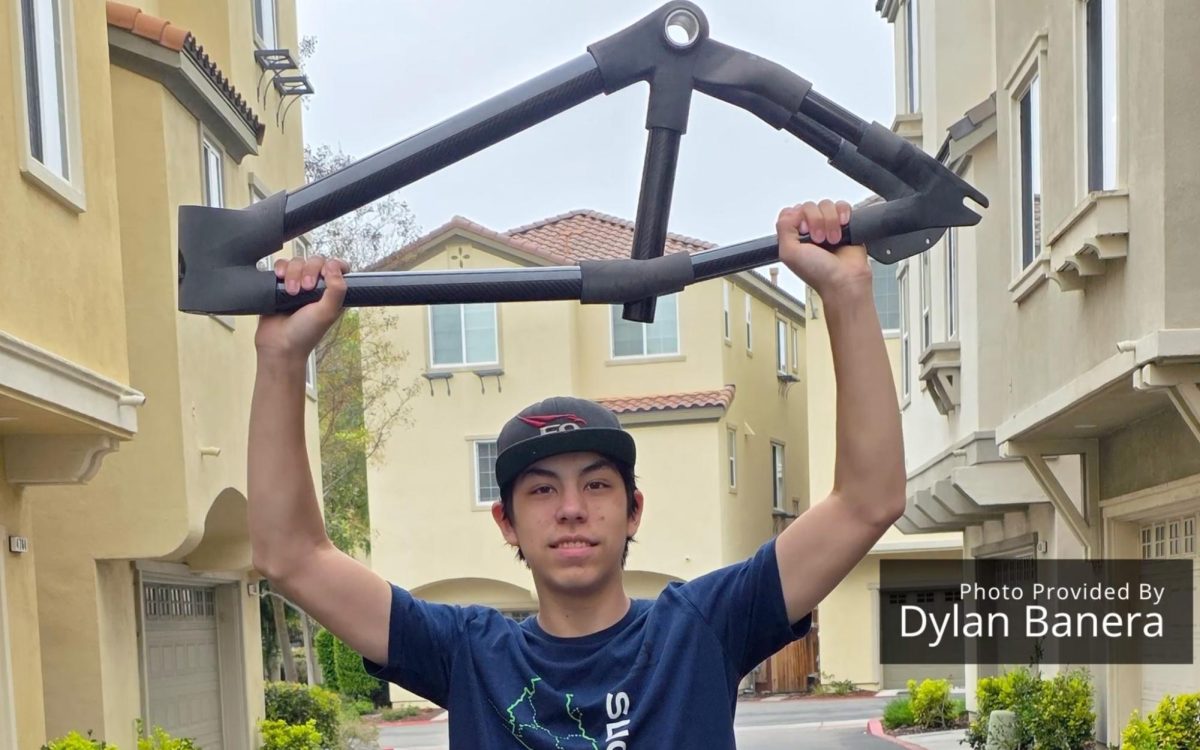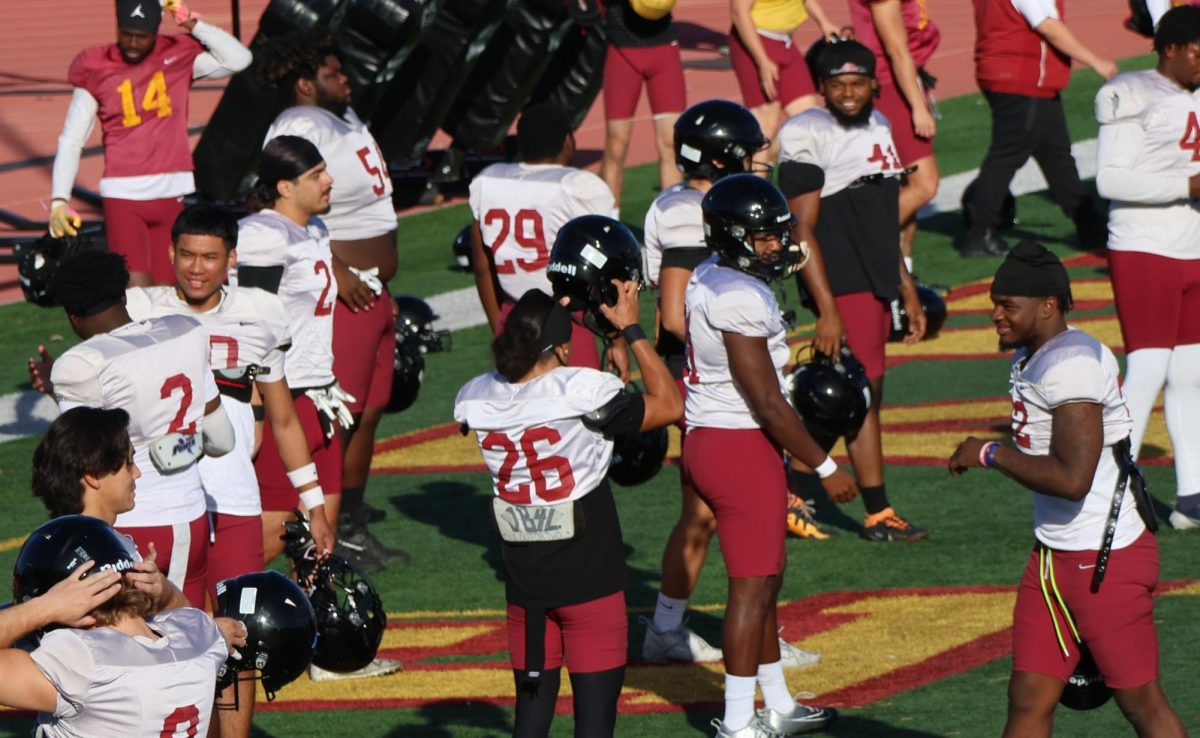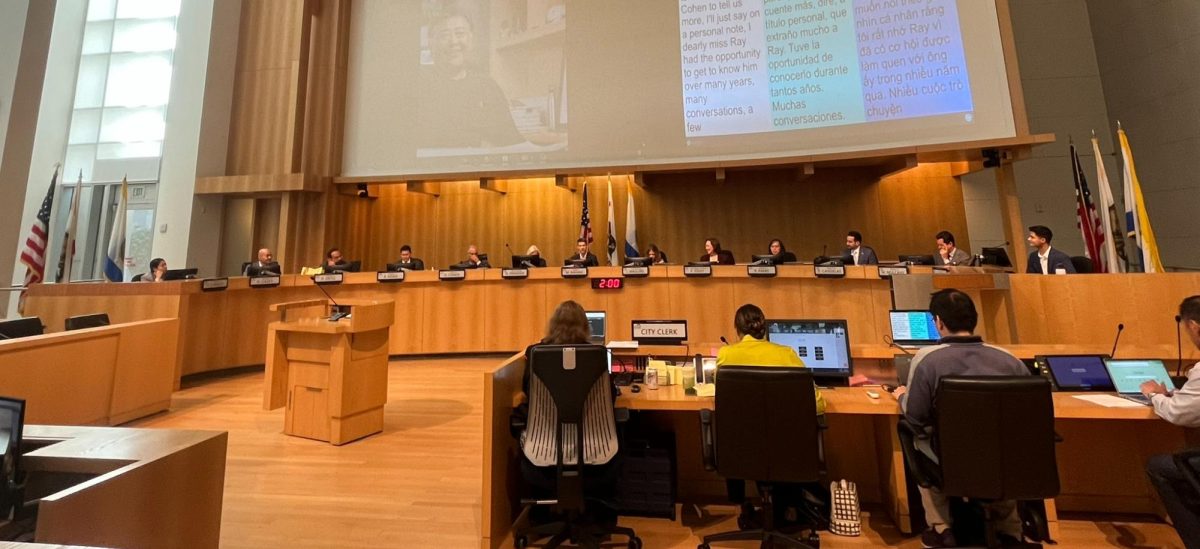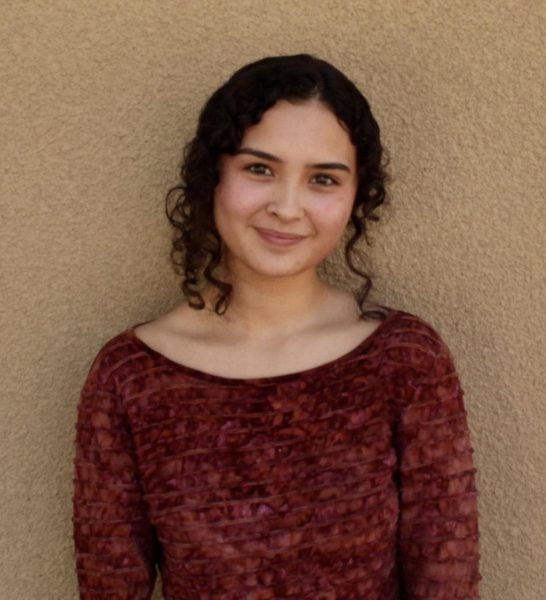Editor’s Note: The article was co-written by Schuck and Williams, whereas the first-person narrative pertains to Williams’ experience.
Online dating has taken the world by storm as more and more young people are now using dating apps to navigate towards romantic relationships.
While the downsides can be addictive and people can be deceptive, the benefits of online dating are that we are able to meet new people and learn more about ourselves.
As I watched people romantically pursue my close friends and saw couples constantly bombard my social media feeds, the unspoken importance of dating in our generation’s culture caught up to me .
With no virtual dating experience, I downloaded Hinge.
When a new user makes their account, Hinge asks them to pick six of their best pictures and create three text-based prompts. Seems simple, right?
However, it feels impossible for me to pick out my best pictures and create a profile that encapsulates me as a person. What would or wouldn’t I want my potential partner to see?
This is my chance to create the perfect version of myself and possibly find my soulmate.
According to Ignite Dating UK, “a whopping 57% of people that use online dating sites confess to lying on their profiles.” No matter what the lie was, the action of fabricating is harmful as someone is altering aspects of themselves that are not true.
Dating platforms do not discourage people from lying about themselves so people continue to do it apathetically without regard to whom they may be hurting in the process.
Users can instantly reject and approve of people with a finger swipe. This feature incidentally creates a culture of superficiality where people judge others solely based on their looks and not who they are.
So is going the extra mile to craft a well articulated biography really even worth someone’s time?
It turns out “nine in 10 singles admit to being ‘addicted’ to dating apps,” according to Yahoo News. User experience teams and marketing teams behind these apps have incentives to make the apps easy and fun so that they feel more like games rather than a tool to find a partner.
Online dating causes people to have more accessibility regarding whom they choose to pursue. The ability to use our best judgment becomes clouded with the momentary satisfaction of whoever is in front of us.
Choice Overload Bias’s analysis brought awareness of the effects of too many options: “There is a widespread assumption that more choice equals more freedom, and more freedom is always, unambiguously, a good thing. But the empirical evidence on choice overload contradicts this idea: in many cases (though not universally), more variety makes our lives harder and less pleasant.”
After months of swiping, Hinge left me with two matches.
Within a couple hours of messaging through Hinge, I exchanged numbers with my first match — let’s call him Alex. From there, Alex and I talked and texted virtually every day. It was comfortable, even natural.
Eventually, I went on two dates, which were surprisingly awkward and quiet. The Alex I met in person was lightyears away from the online Alex and I couldn’t understand why it was so different.
I tried giving him the benefit of the doubt, but by then a breakup was inevitable; within a month I had to cut Alex off and express that I didn’t see a future with him.
Two months later, I matched with — let’s call him Justin. My time with him was a rollercoaster of emotions.
He and I wanted different things: I wanted a relationship, while he did not want to use labels. In fact, Justin made it painfully clear that he didn’t want a relationship, but I still pursued it in hopes that he would change his mind.
I was on a continuous hamster wheel for his attention, and after five tedious months of being on and off, I cut all ties.
Despite this crushing experience, online dating has its positive aspects as well. Forbes writes, “nearly 70% of individuals who met someone on a dating app say it led to a romantic, exclusive relationship.”
There are many success stories when it comes to using dating apps, and seeing as technology plays a key role in many of our lives, online dating caters to the digital aspect in many of our lives.
Online dating is a challenging experience. Through our tribulations, we were able to discover new aspects of ourselves through our encounters with liars and the app’s addictive features.



